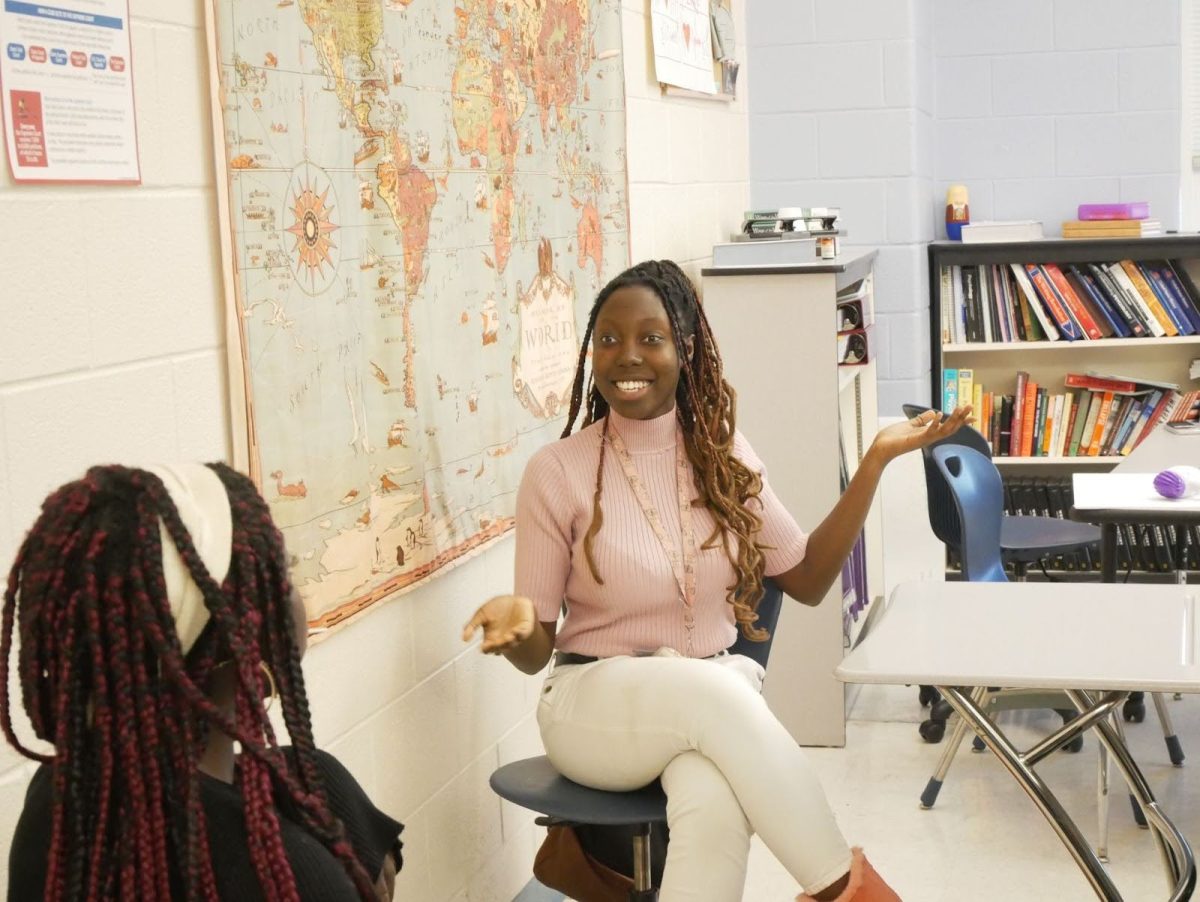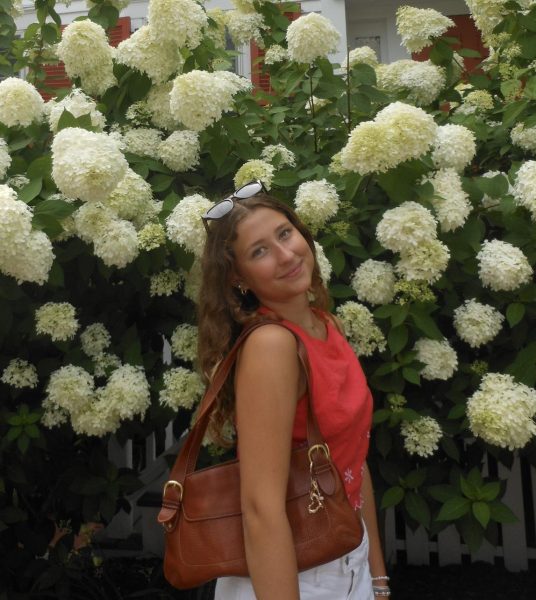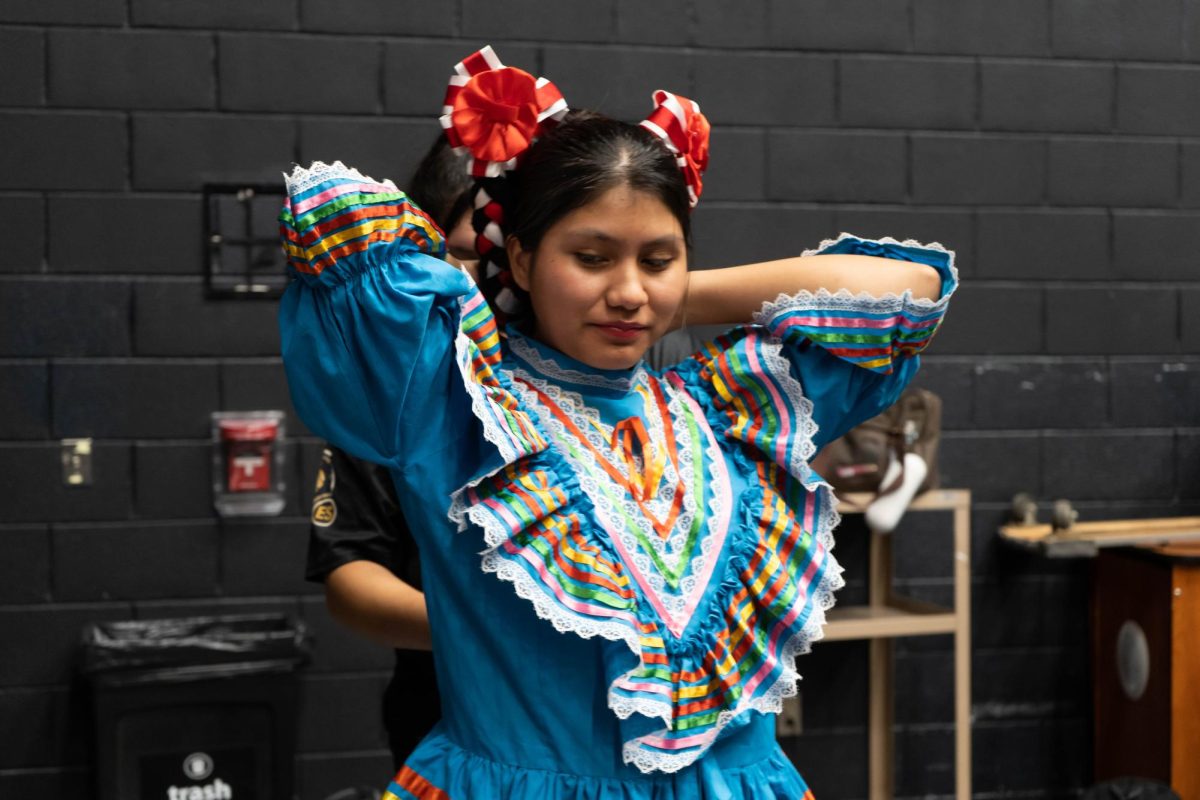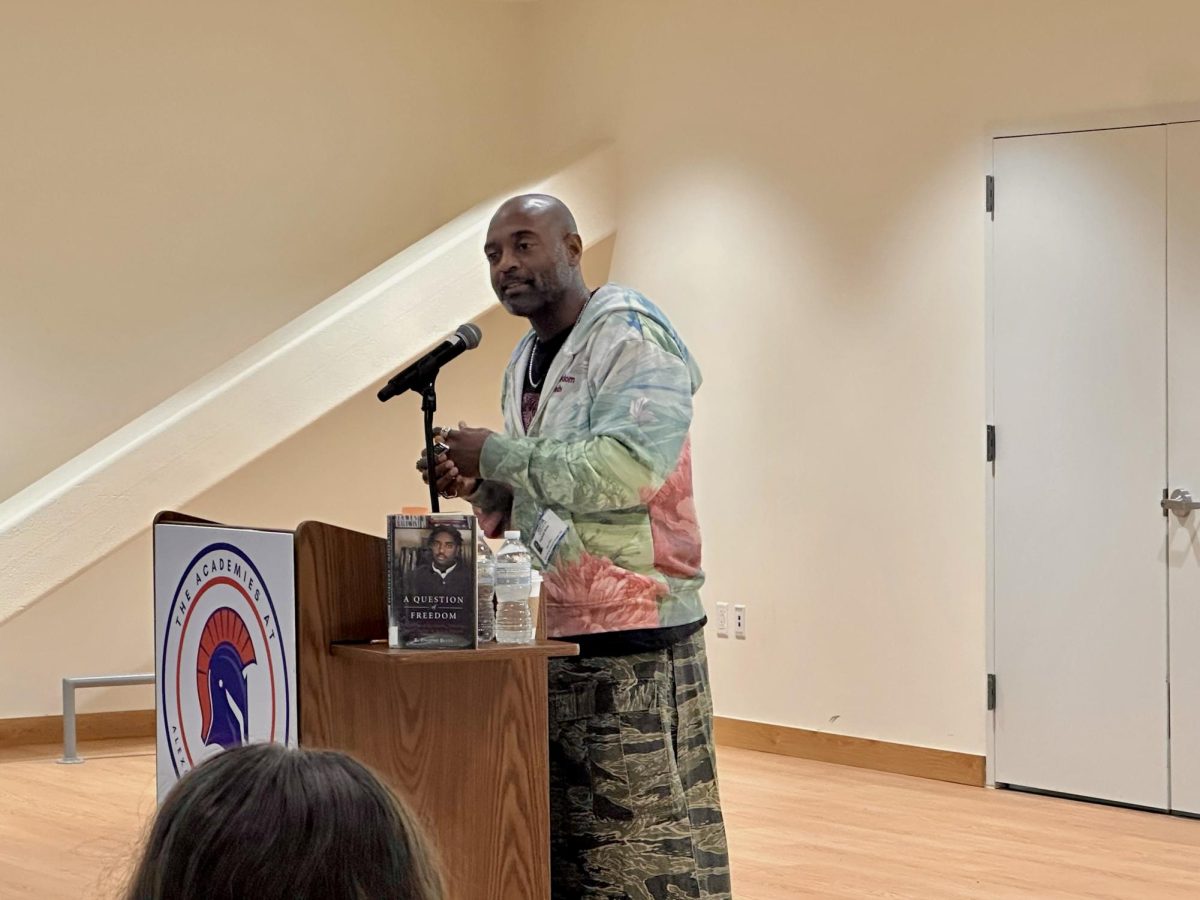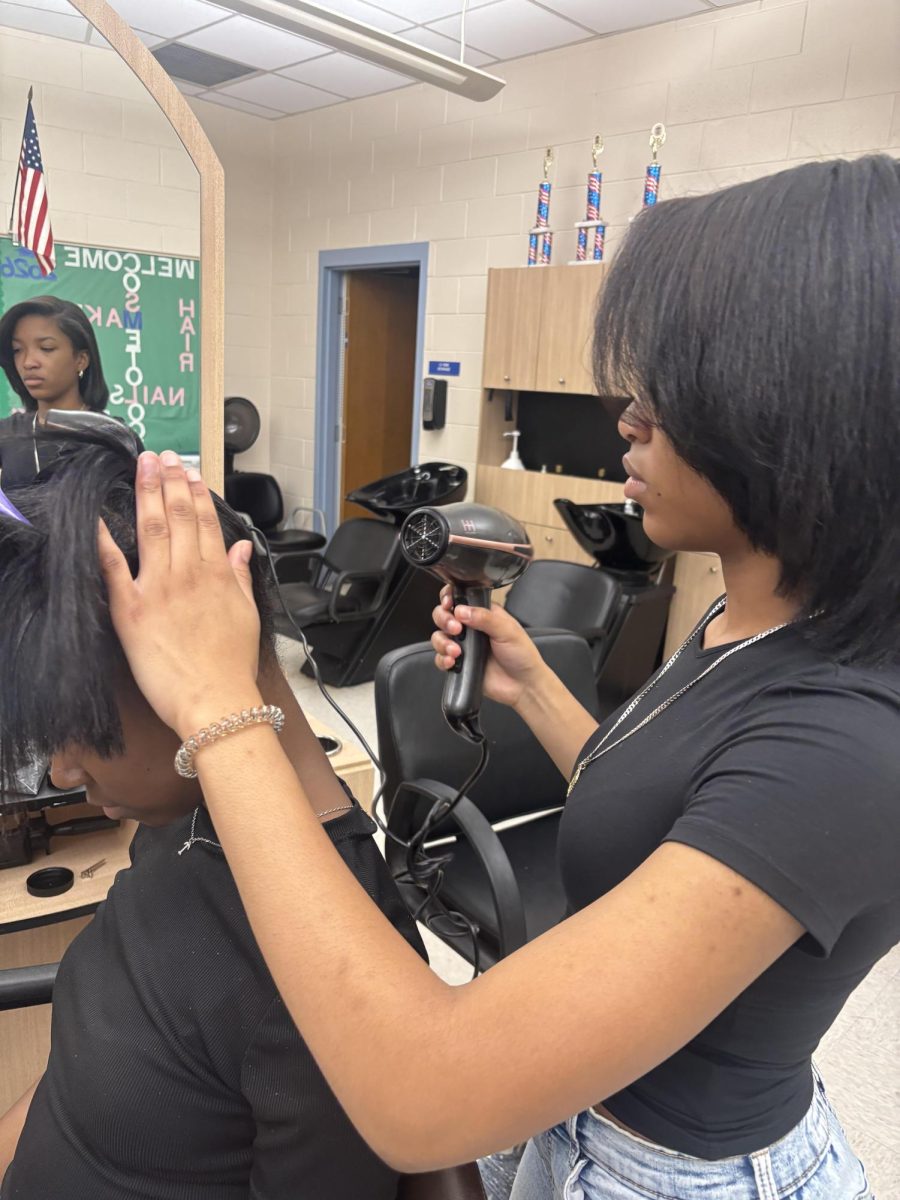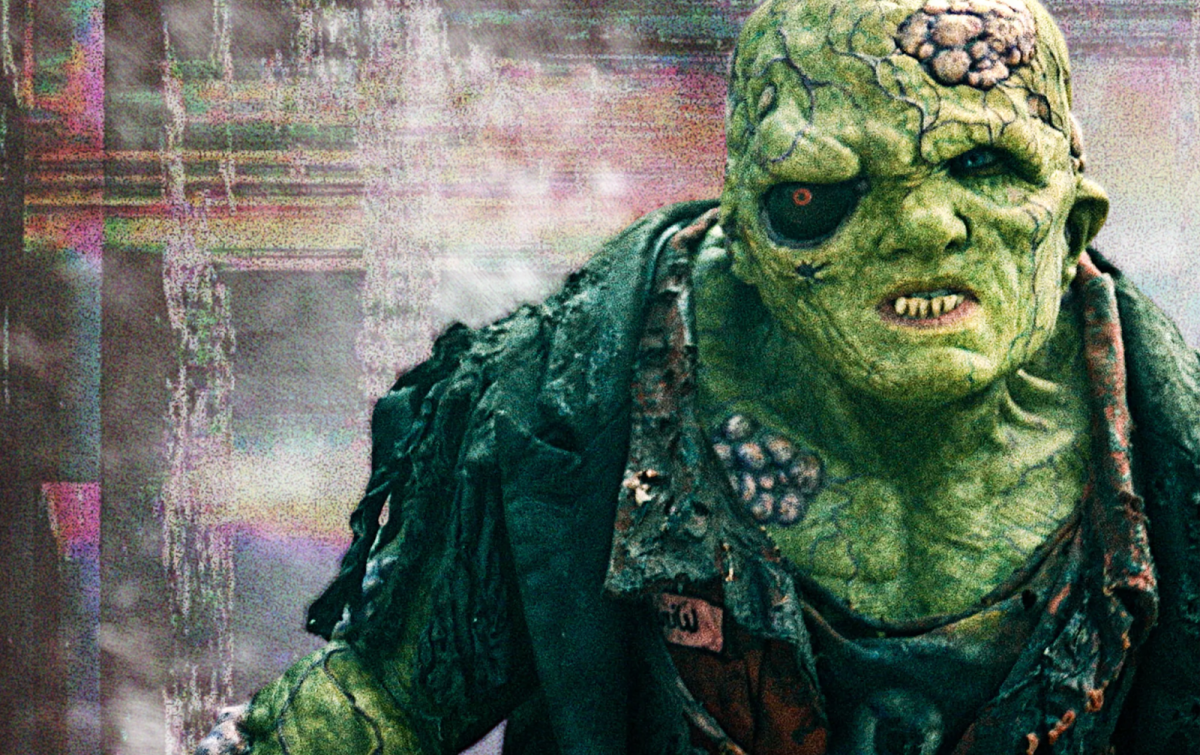Late last year current ACHS seniors Promise Duah and Kalista Hines revived the Mental Health Matters Club, which has now reached over 15 members. “I wanted to be a part of a chill, judgment-free community where I could connect with people like me,” said Duah, the president, on why she brought back the club, “I found [such a community] through theater, and that was what inspired me to start Mental Health Matters.”
Prior to this iteration of the club, Helen Cooper (‘22) started the Mental Health Matters Club in 2020. Duah and Hines decided it should be revived.
Of the misconceptions that surround mental health, the most prominent is that it is not as important as physical health. Although different, both are still important. Usually physical illness symptoms are observable, someone may be coughing or have a high temperature, but mental illness does not have these types of clear symptoms. Signs of poor mental health are often subtler and more permanent or extensive, leading them to go unnoticed. Additionally, in many cases, deteriorating mental health worsens physical health.
At Mental Health Matters meetings, Duah and Hines give students the space to share their perspectives and experiences about mental health and mental illness openly by holding discussion sessions. “Hearing different viewpoints and truly making an effort to put oneself in another’s shoes is an invaluable experience, especially in an area as diverse as this one,” said Vice President Hines.
Duah and Hines are both open about their prior mental health struggles and agree that students need a safe space to be open about their feelings. “[Our goal is] to find affordable resources for students and be a support to those who are in a vulnerable place in their lives,” said Duah.
Many students don’t have a resource outside of school to deal with mental health. They may feel that they do not have someone to trust or that no one would care.
“One of the biggest factors is the vicious cycle of it,” said Hines. “You feel helpless and like no one’s there for you. When it feels like there’s no way out of it, your mental health will suffer more. It’s a self-fulfilling prophecy that takes a lot to break away from, especially if you can’t take time off school or can’t afford to see a doctor.”
According to the Mental Health Foundation, by the time a child is 14, 50% of mental illnesses are established. According to the National Library of Medicine, “In 2018-2019, about 15% of adolescents ages 12-17 years had a major depressive episode, 37% had persistent feelings of sadness or hopelessness, and nearly 20% reported that they seriously considered suicide.”
“Awareness is absolutely crucial,” said Hines. “Everyone is different, so there’s no one best way to help with mental health, but no one will be able to find or give assistance without awareness.”
Hines also said that she thinks the SEAL (Social Emotional Academic Learning) lessons are ineffective and surface-level, “Mental health is much more than 30-second breathing exercises.”
Both Hines and Duah are interested in studying psychology in the future and said they feel that being a part of the club can help prepare them for their future careers.
Other resources for students struggling with mental health include the National Mental Health Hotline (866-903-3787), the Crisis Text Line (Text HOME to 741741), and the American Foundation for Suicide Prevention.
“I want people to know that there’s nothing wrong with mental disorders,” said Hines. “One of the worst misconceptions is that taking care of one’s mental health is a bad thing. The notion that needing to do so is a personal failing and that therapy is for crazy people are harmful and untrue. I think our generation is doing better with this, however, which I’m very happy about.”


